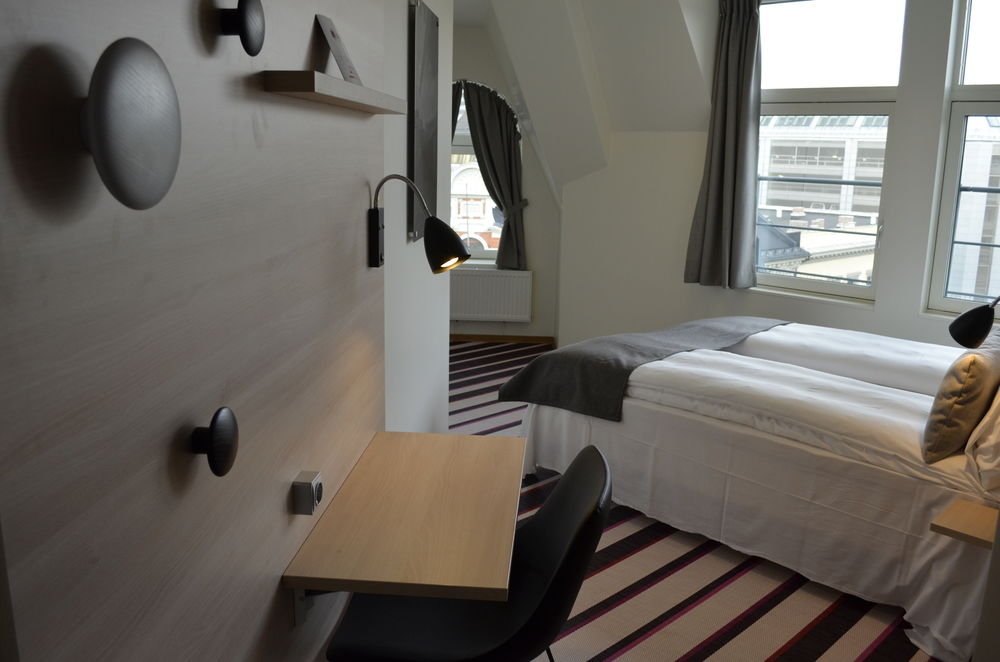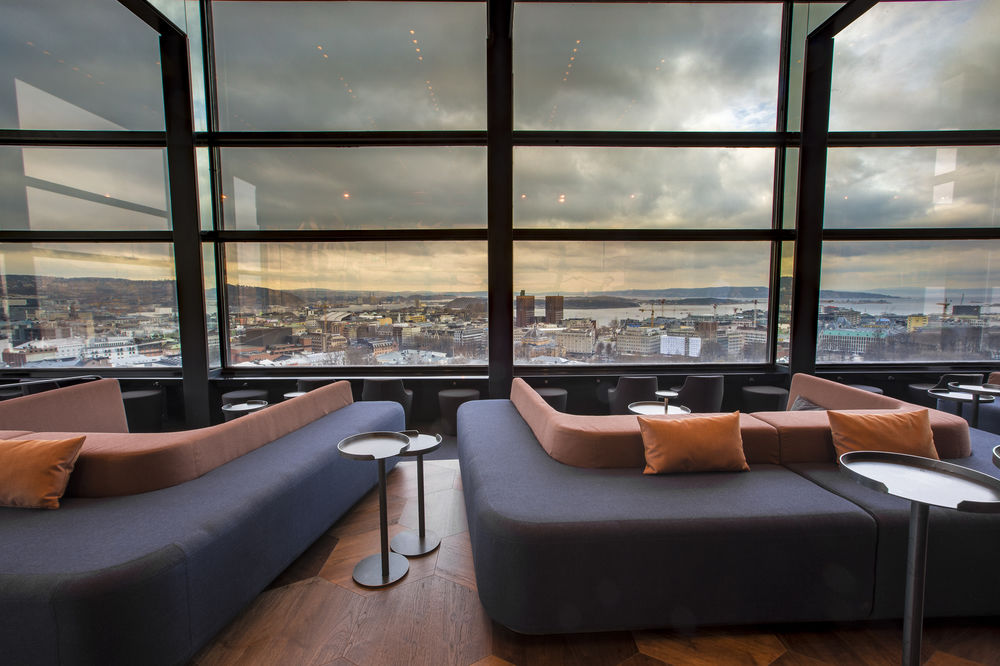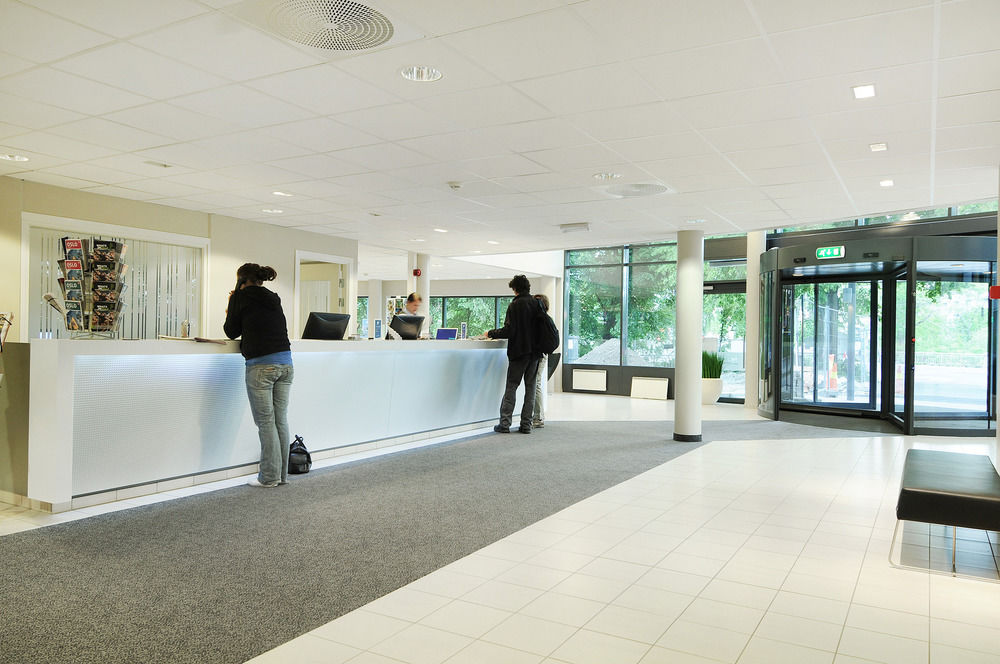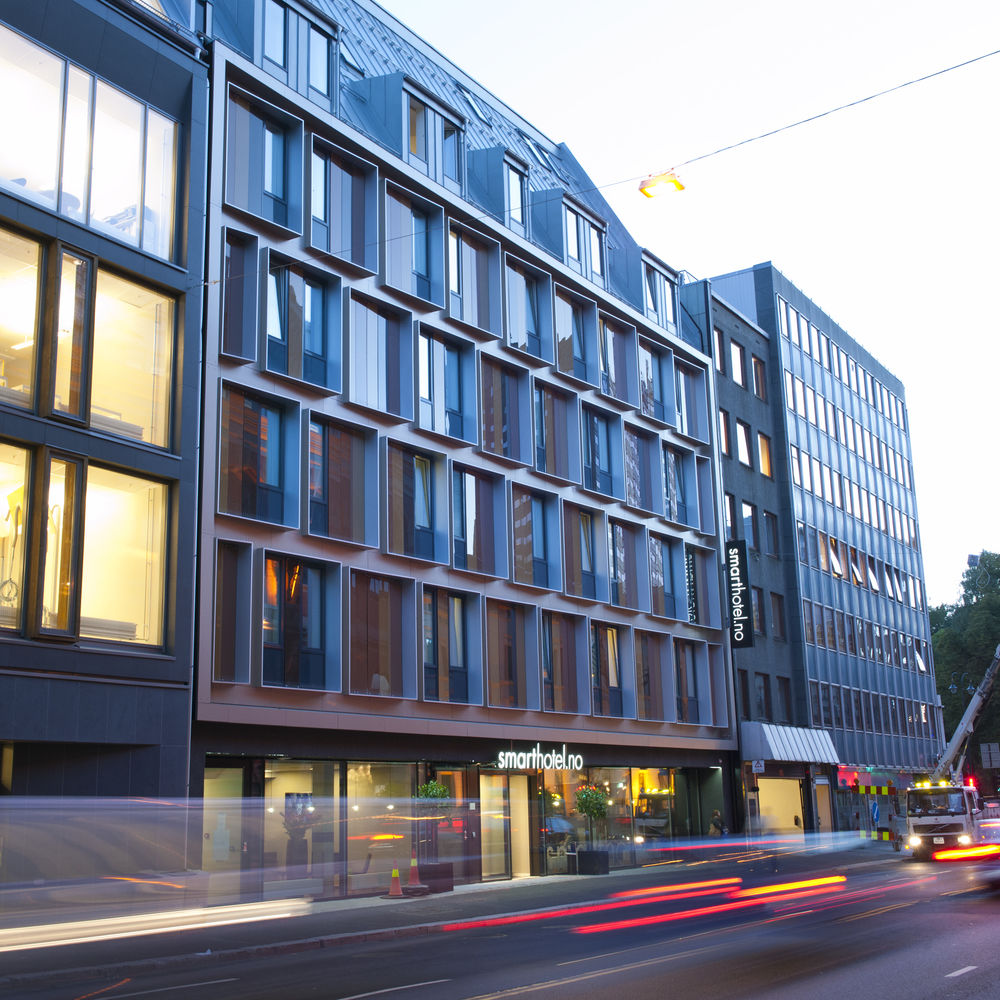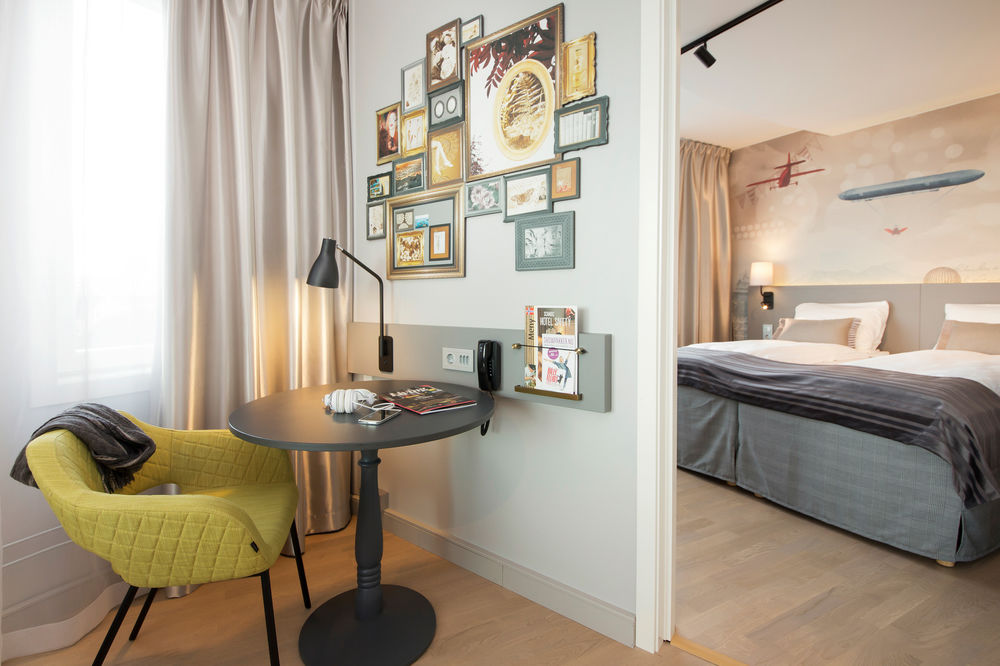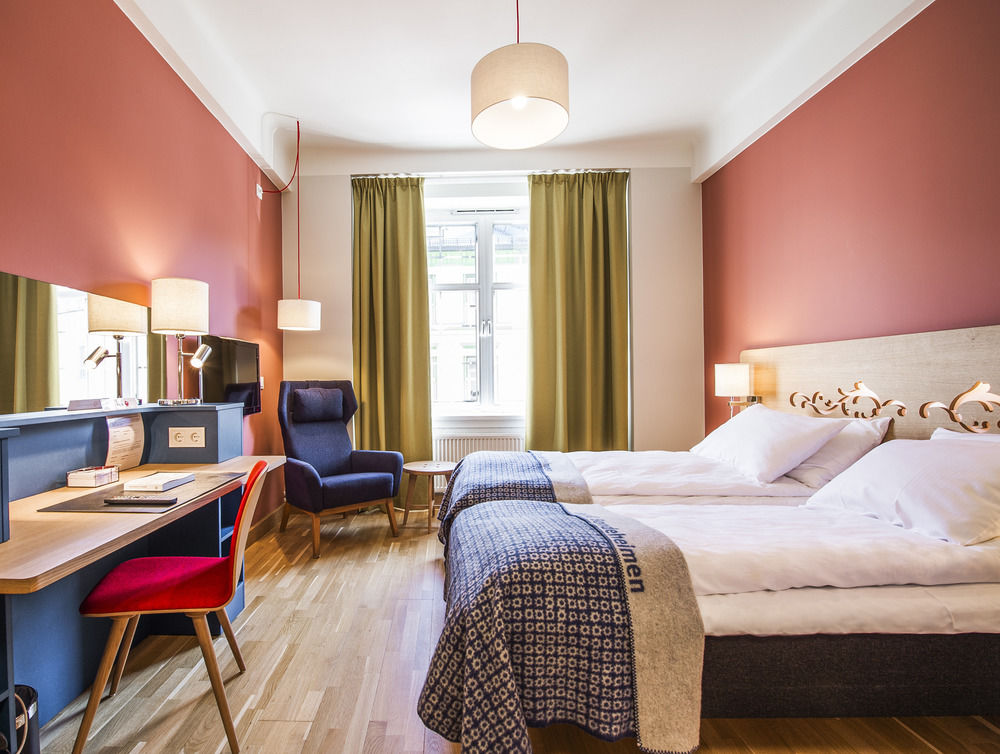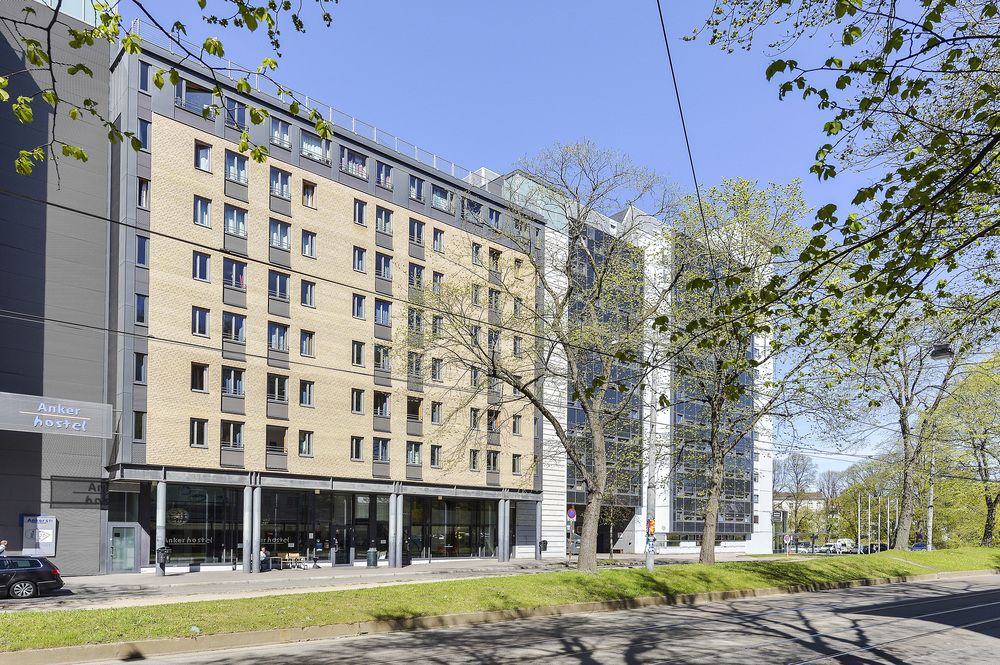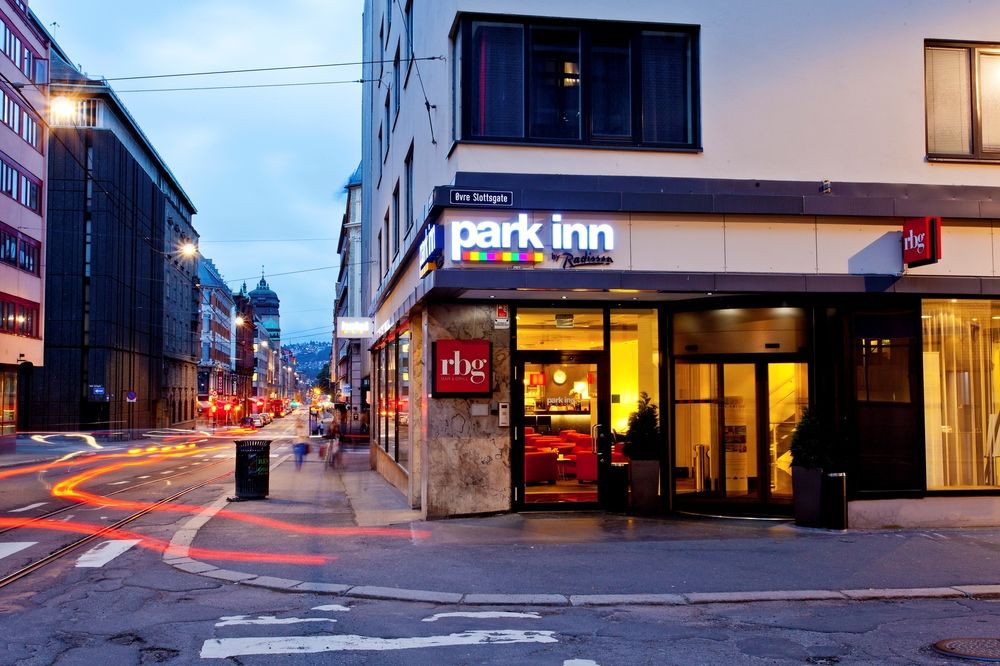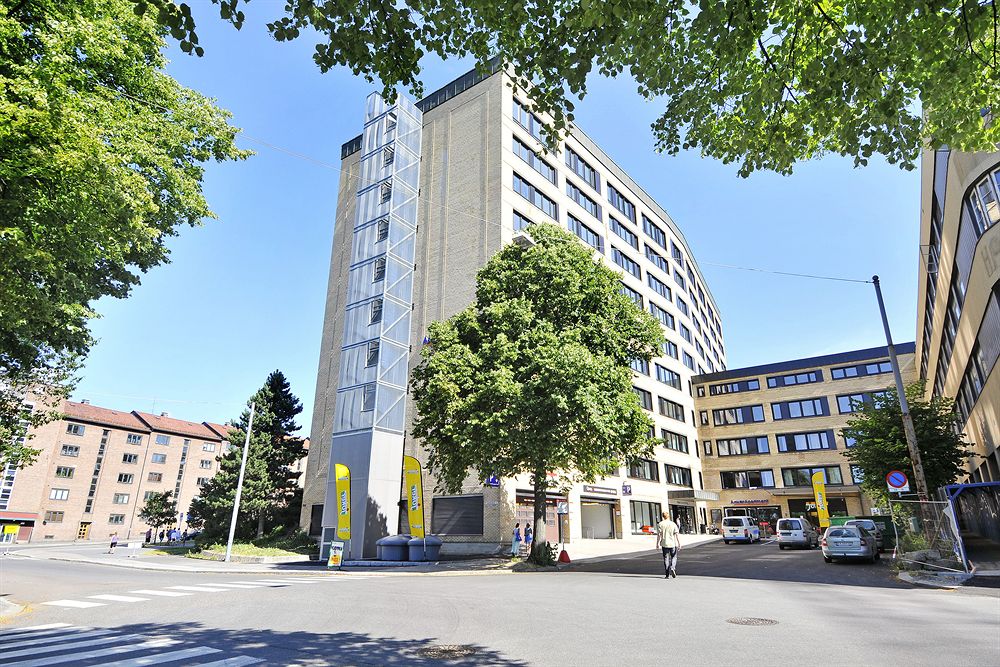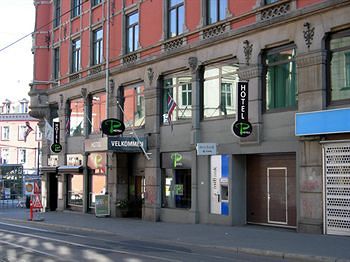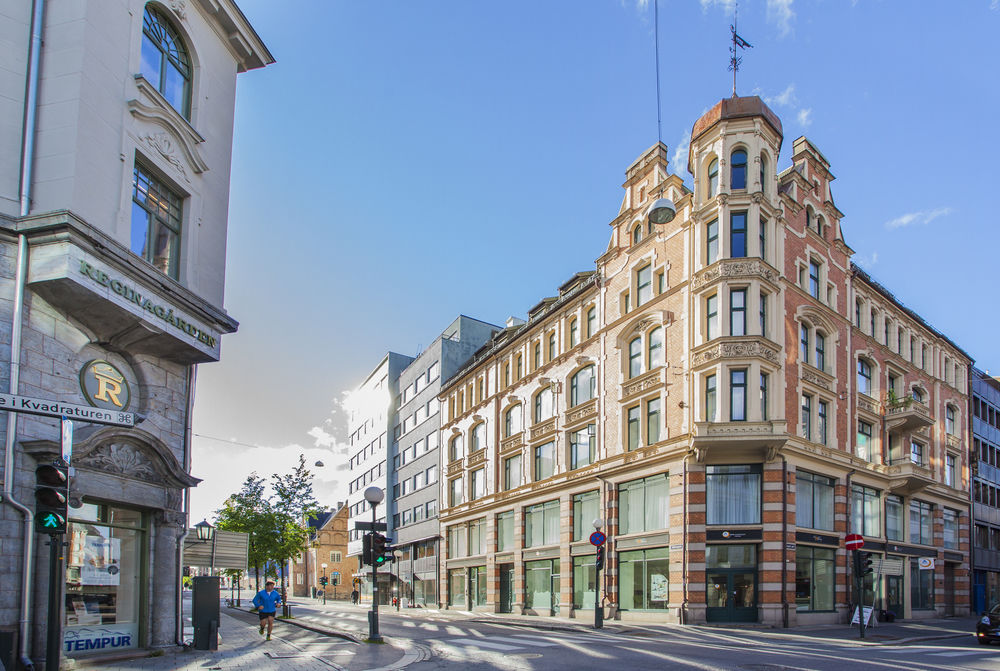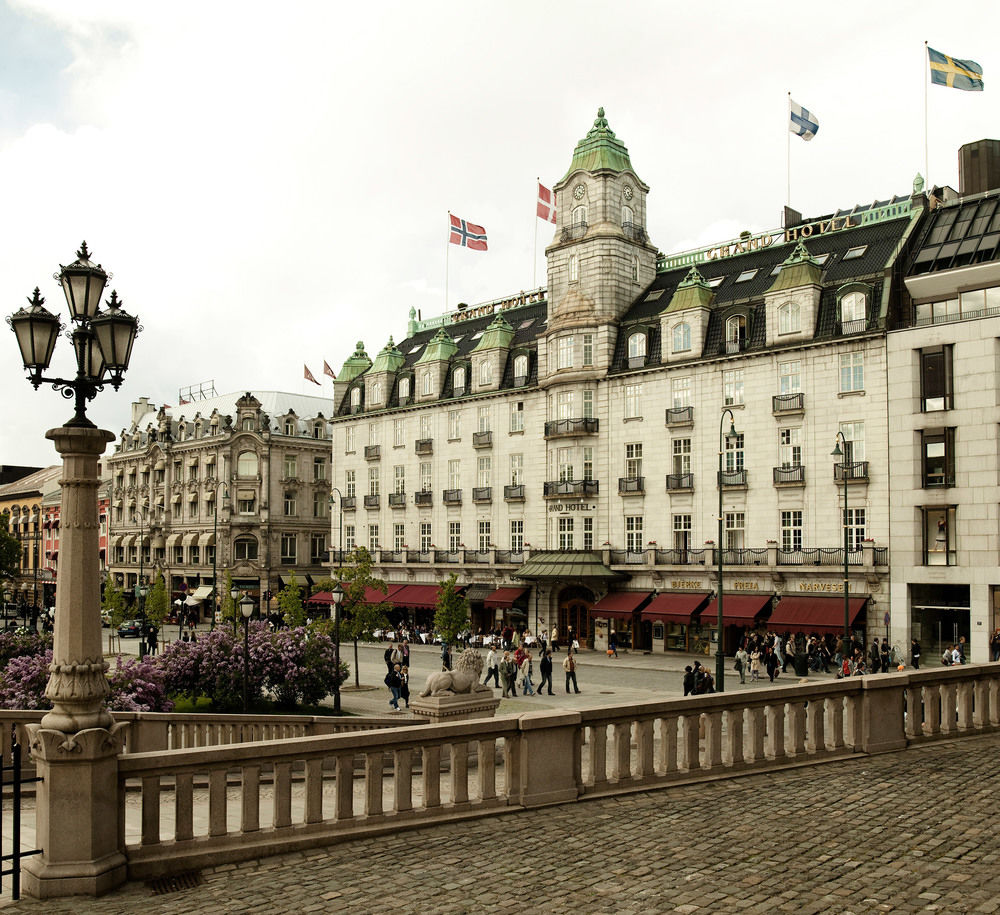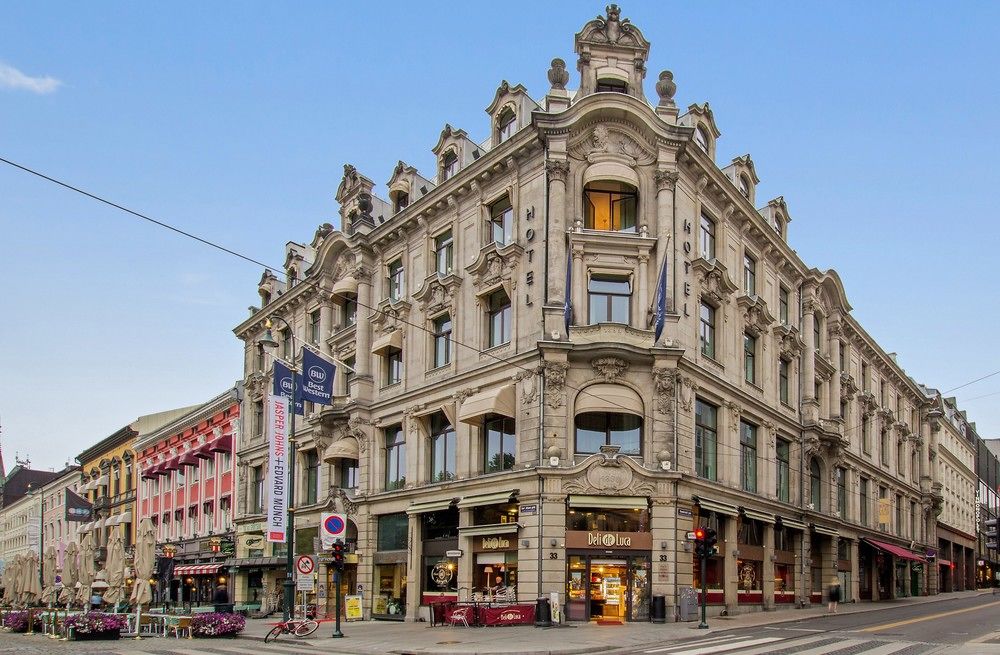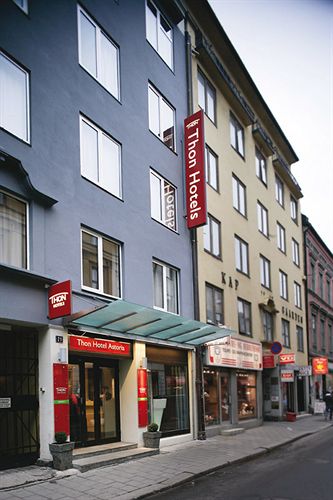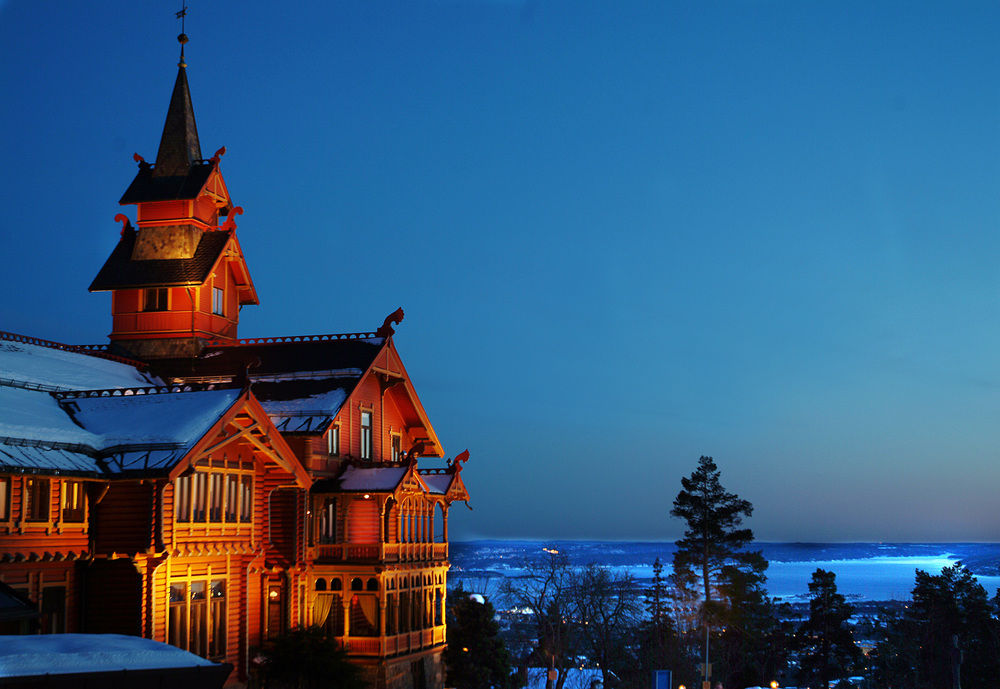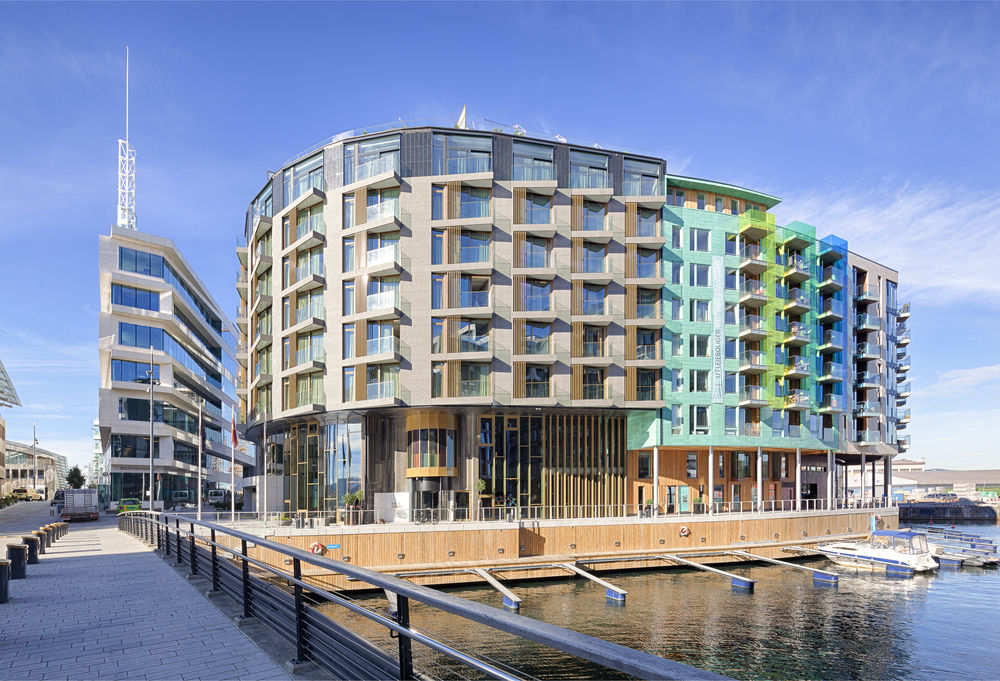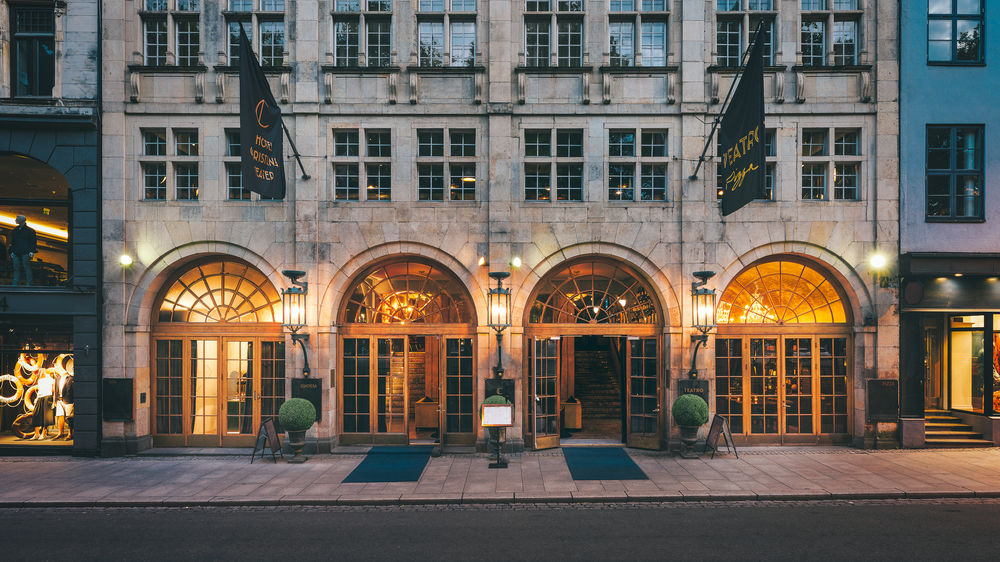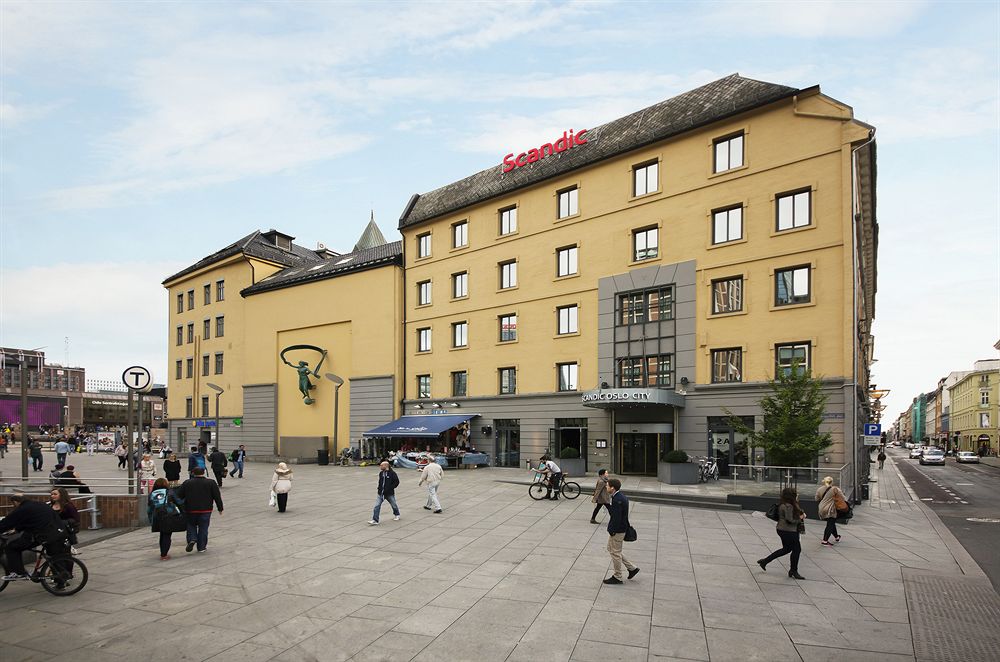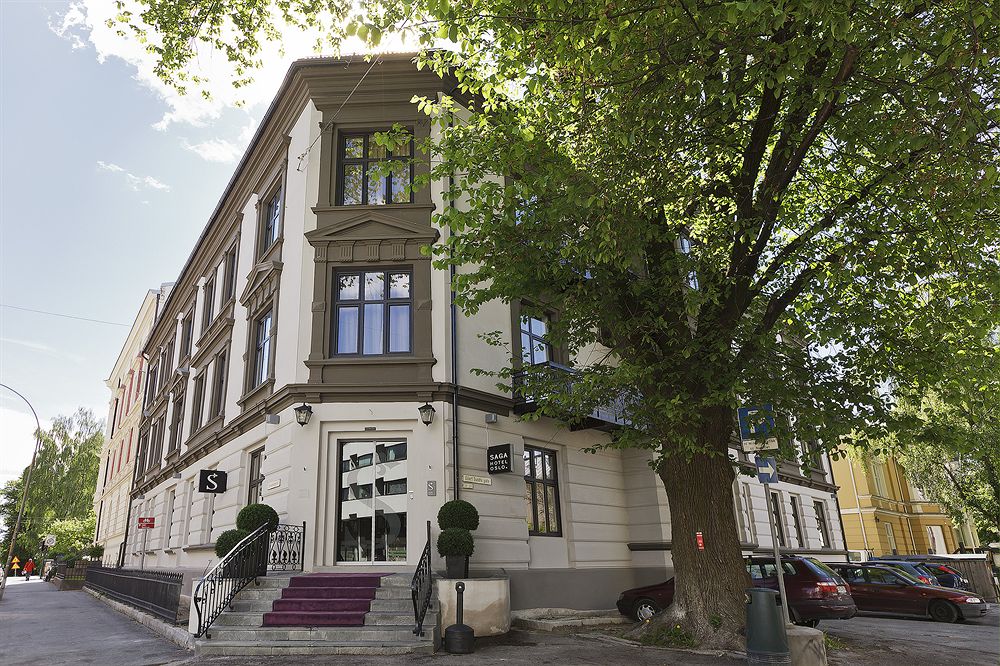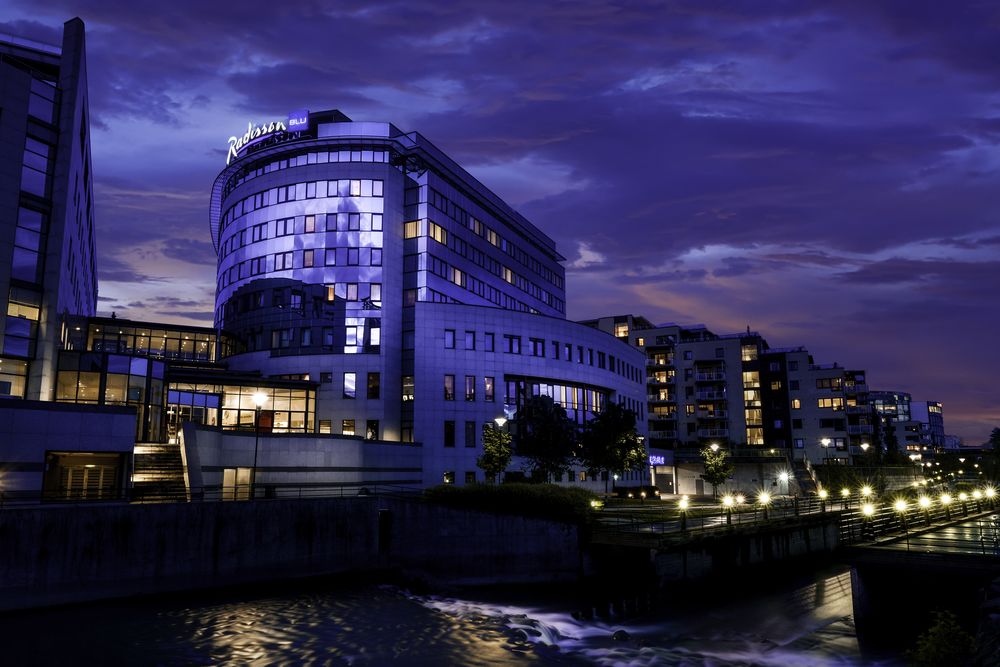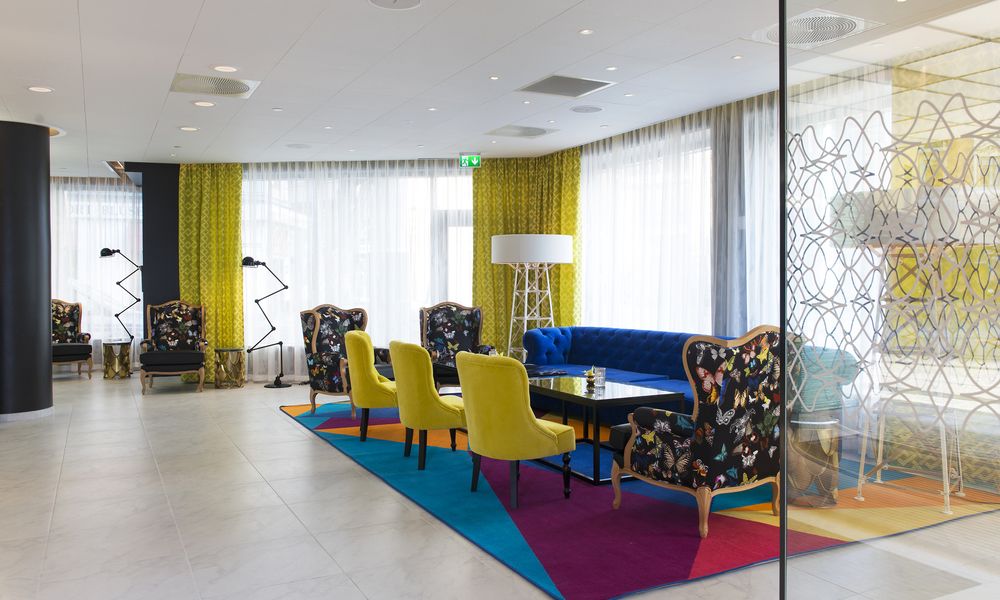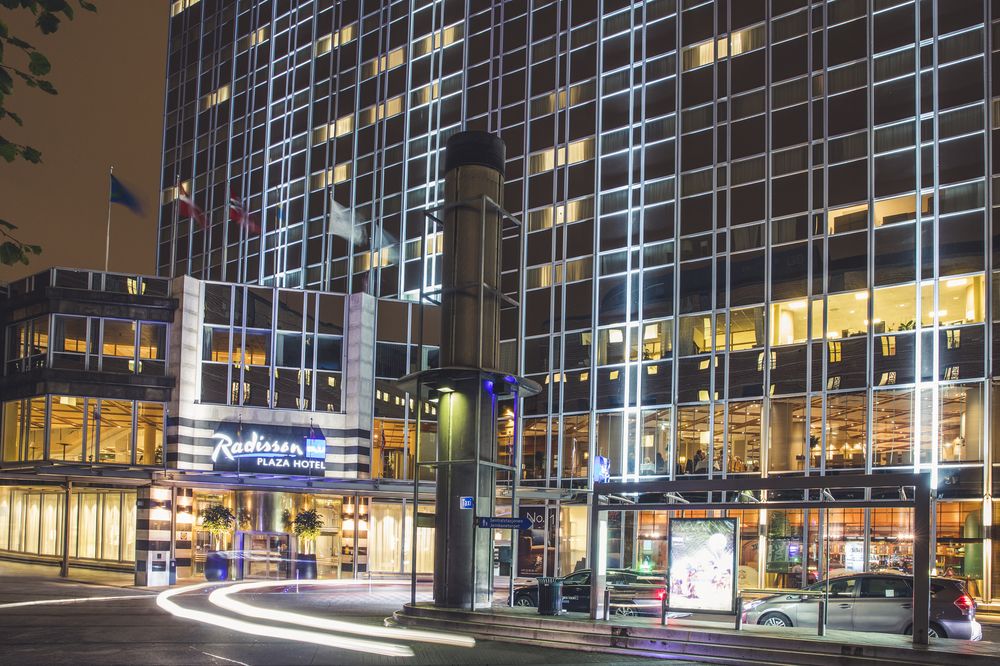
オスロホテル検索結果
AIが見つけた軒のホテルの最安値をご覧ください。
ベストホテル
最安値のホテル
ホテル等級
AIおすすめ
オスロベストホテル
オスロ 最低価格のホテル
最高評価のホテル
オスロにある5つ星ホテル
オスロにある4つ星ホテル
オスロにある3つ星ホテル
AIがおすすめする世界の旅行先
オスロ近くのホテル情報
オスロ 旅行に欠かせない情報
“A city of tigers”
Oslo ( OZ-loh; Norwegian: [²ʊʂlʊ] ( listen), rarely [²ʊslʊ, ˈʊʂlʊ]) is the capital and most populous city of Norway. It constitutes both a county and a municipality. Founded in the year 1040, and established as a kaupstad or trading place in 1048 by Harald Hardrada, the city was elevated to a bishopric in 1070 and a capital under Haakon V of Norway around 1300. Personal unions with Denmark from 1397 to 1523 and again from 1536 to 1814 and with Sweden from 1814 to 1905 reduced its influence. After being destroyed by a fire in 1624, during the reign of King Christian IV, a new city was built closer to Akershus Fortress and named Christiania in the king's honour. It was established as a municipality (formannskapsdistrikt) on 1 January 1838. The city's name was spelled Kristiania between 1877 and 1897 by state and municipal authorities, respectively. In 1925 city was named Oslo.
Oslo is the economic and governmental centre of Norway. The city is also a hub of Norwegian trade, banking, industry and shipping. It is an important centre for maritime industries and maritime trade in Europe. The city is home to many companies within the maritime sector, some of which are among the world's largest shipping companies, shipbrokers and maritime insurance brokers. Oslo is a pilot city of the Council of Europe and the European Commission intercultural cities programme.
Oslo is considered a global city and was ranked "Beta World City" in studies carried out by the Globalization and World Cities Study Group and Network in 2008. It was ranked number one in terms of quality of life among European large cities in the European Cities of the Future 2012 report by fDi magazine. A survey conducted by ECA International in 2011 placed Oslo as the second most expensive city in the world for living expenses after Tokyo. In 2013 Oslo tied with the Australian city of Melbourne as the fourth most expensive city in the world, according to the Economist Intelligence Unit (EIU)'s Worldwide Cost of L
 時間 UTC+02
時間 UTC+02 通貨 NOK
通貨 NOK 言語 Bokmål Norwegian, Nynorsk Norwegian, Finnish
言語 Bokmål Norwegian, Nynorsk Norwegian, FinnishStaypiaだけの特別な特典
リアルタイムホテル最安値比較
AIが見つけたin オスロの軒のホテルのリアルタイム最安値を簡単に比較検索できます。
316万軒のホテルを最安値で予約
最低価格に最大31%追加メンバーシップ割引でさらにお得にご予約いただけます。
自分だけの
AIがリアルタイムで更新するオスロ旅行情報で便利に旅行を準備しましょう。
よくある質問
オスロで最も人気のあるホテルは Radisson Blu Plaza Hotel Oslo, Citybox Oslo, Radisson Blu Scandinavia Hotel Oslo です。
オスロで最も人気のある5つ星ホテルはGrand Hotel Oslo by Scandic, Thon Hotel Opera, Hotel Continental Osloです。 オスロ 評価順にホテルを見る
一般的なホテルの場合、客室予約はキャンセル締切日前まで無料返金が可能です。キャンセル締切日以降は手数料が発生する場合がありますので、ホテルバウチャーまたはメニュー>マイ予約でキャンセル締切日をご確認ください。
ステピアでは、AIが収集した316万件のホテルの最安値はもちろん、会員限定の追加割引価格で人気ホテルを予約することができます。
